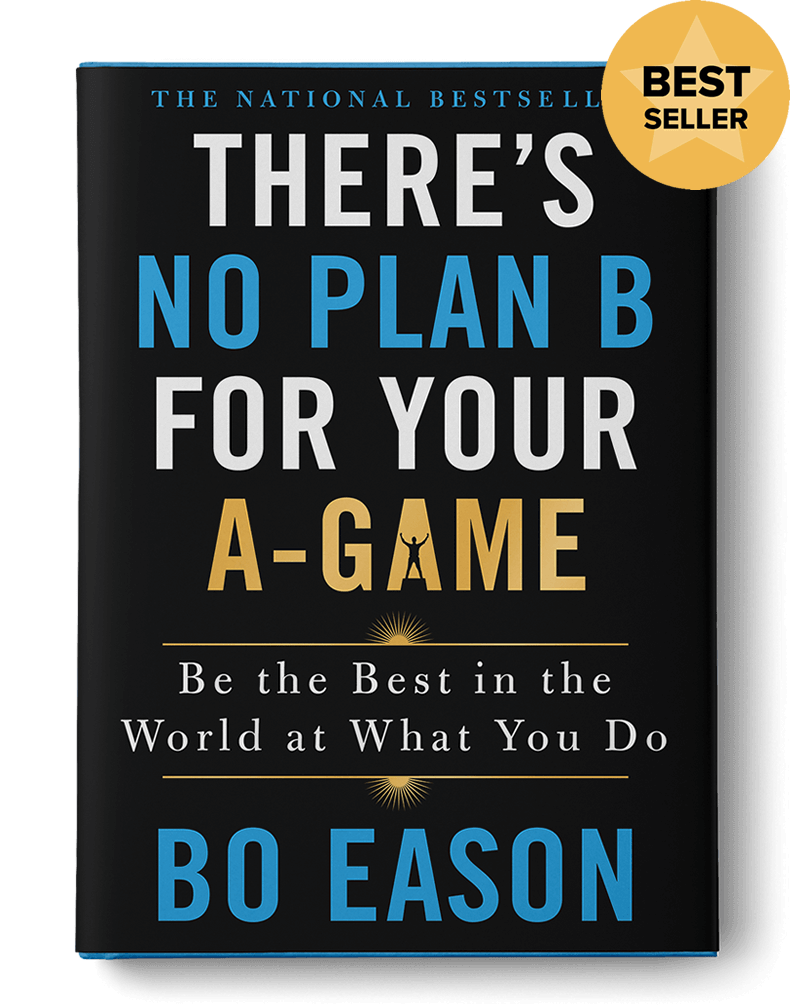There are three things that separate telling an actual story versus just giving an anecdote where you’re relaying something that doesn’t really have import or weight to it. If those three elements are present, it can usually be developed into a really well-structured story.
Bo: What are the best components of a great story?
Mary: I’m always looking for three main components when evaluating people’s stories. The first thing is vulnerability. That’s the number one component that has to be there—that thing you really don’t want to tell people. I will never feel comfortable telling my story on stage.
Bo: Comfort is a booby prize. You can’t be the best and be comfortable. I’m sure you’re familiar with Malcolm Gladwell’s 10,000 Hour Rule, which is basically that it takes 10,000 hours of practice to become world-class in anything you do.
That came from Anders Ericsson who wrote this book called Peak. He’s an authority on what it takes to become the best in the world at a thing whether it’s chess or ballet or football, etc. If you’re comfortable during any of those 10,000 (or 20,000, which is what he says it takes) hours, they don’t count.
Mary: The next thing I look for is drama. There has to be two opposing forces. Drama is two opposing forces—tension and release. You need that in a story. One of the best exercises I can give you is when you’re watching a television show, notice how there are two opposing forces in every scene. There’s always some kind of tension and conflict.
The third thing is transformation. In the story you’re telling, you’re the character. You start off in one place, with some kind of goal, and at the end of the story you either get it or you don’t. It actually doesn’t matter whether you get it.
You will have changed because of the journey to get to that place. We have to see how you’ve changed, but we don’t want you to explain that to us. Speakers often want to explain what the story means to us because they’ve taken so much meaning out of it. So they want to impose on you the meaning of that story for your life. No. You let the audience listen to the story and you don’t tell them what it means.
You don’t give them some big takeaway or how they should change their life based on your story. You just share it and let them take the meaning. Where does it fit for their life? The meaning you want them to take from it may not be what they’re ready to hear.
By just sharing your story with them, they may get exactly what they need to take the next step in their life. The more you’re able to understand your story, the better you’re able to navigate your life. The same goes for business. But it all starts with you and your personal story.

